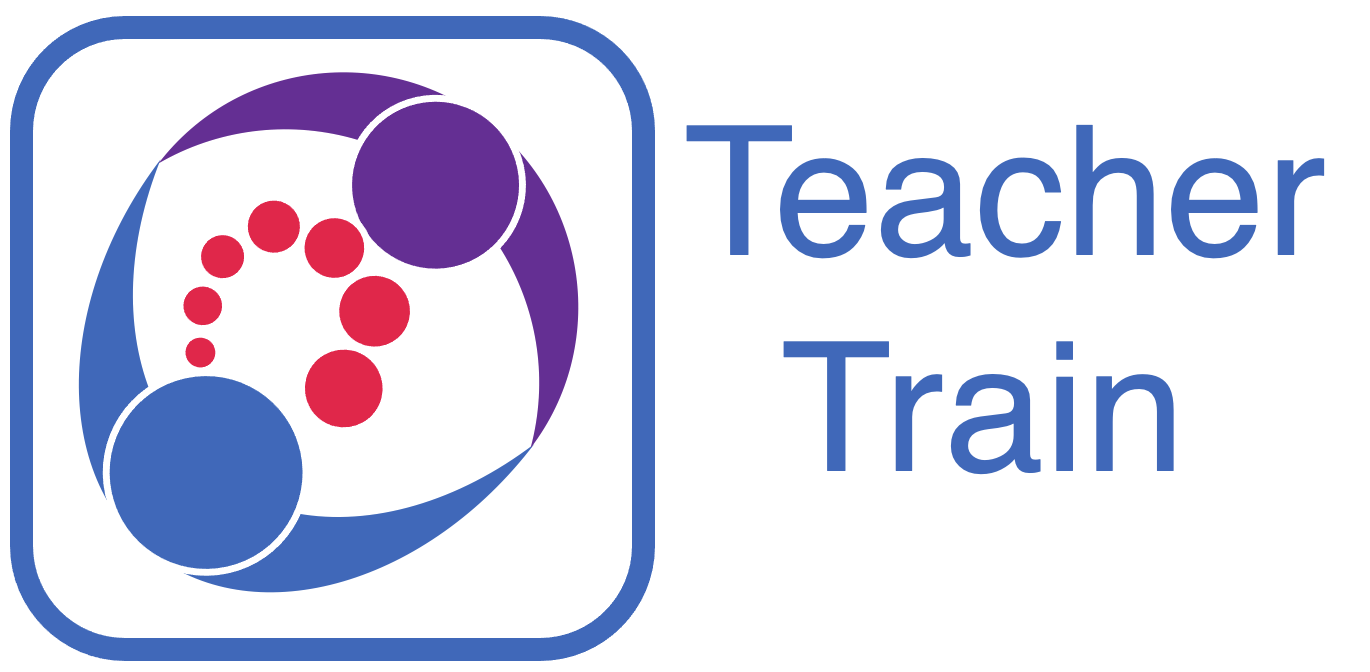This blog, written for Cambridge University Press series World of Better Learning, explores the benefits of reflective practice. Learn the benefits of reflecting, to promote a self-improving culture of learning and increase your ability to adapt during these unpredictable times.
Click on the link below to read the blog, published in June 2020.

Reflecting in times of Covid-19: Keep calm and keep GROW-ing
In this article, educational consultant Anna Hasper, a teacher development specialist in Dubai, explores the benefits of reflective practice. Learn the benefits of reflecting, to promote a self-improving culture of learning and increase your ability to adapt during these unpredictable times.
‘Teacher engagement in reflection and the use of CPD strategies which promote reflexive practice have been found to lead to changes in pedagogical beliefs, enhanced teacher knowledge and transformative growth.’ (Richardson & Diaz Maggioli, 2018)
In Effective Professional Development, a research paper written as part of the Cambridge Papers in ELT series, Richardson & Diaz Maggioli (2018) identify a set of seven core principles needed for effective Continuous Professional Development (CPD). One of these is for teachers to engage in reflective practice.
Reflective practice is a powerful tool and key for development (Kolb, 1984) because it enables ‘continuous learning’ as Schon (1983) highlights. Teachers who want to provide better learning, face to face or online, need to keep developing.
However, reflecting in itself is insufficient to bring your skills and knowledge to the next level. Exploring what happened, why it happened – or didn’t happen – and letting these findings inform your future decisions and actions is what it is all about.
Online teaching and growth approach
A benefit from the sudden move to remote teaching is that it can make reflecting on our teaching easier, as many institutes require lessons to be recorded. Using these recordings enables teachers to notice and critically examine effective – and less effective – practice in the online classroom.
One of the main challenges for development, however, is that our workload seems to have doubled due to this sudden move to remote teaching. As a result, reflective practice is possibly the last thing on our minds. But, whatever happens next, without a doubt there will be changes to our traditional teaching and learning models: technology will start to play a larger part in teaching in the near future.
So, why not let this change be the lynchpin that prompts reflection and use it as an opportunity for future growth and professional learning?
The framework below provides an opportunity to move away from the common deficit approach to professional learning by celebrating successes we have already achieved in our online teaching.
It is all about identifying our strengths and honing in on these. Focusing on what works well and why and transferring these strengths to areas you choose because you feel there is room for growth is at the core of this appreciative CPD approach.
GROW to reflect
The framework below promotes a simple structure for reflection-on-action and has been adapted from a common coaching model called GROW (Whitmore, 1992) and an appreciative inquiry model by Cooperrider (1987).
For each stage of the GROW-framework, there are some guiding questions to help you while reflecting. Whereas you might have the desire to change your whole online practice around, choose one specific desired area at a time. This will keep the reflection process manageable. Then, if you want, use your strengths again to work on your next desired area of growth.
You can use the GROW framework independently so you can reflect when it suits you. You can also enhance GROW-ing through working with colleagues, or a critical friend.
It all depends on your context but recording your reflections for each stage is a good idea. Evernote or Notes are both easy online tools and accessible on mobile devices. They allow you to record your thinking wherever you are, whenever you have the time!
Goal
The guiding questions in this stage will help to identify what is working well already in your online classes and area(s) you like to grow in:
• What do you feel is already going well in your online lessons (examples of success)?
• What makes you say that (evidence)?
• What do you think it is that makes it go well (strengths)?
• do you desire to change in your online teaching (challenges)?
• How will your lessons look/ feel different when your desired changes are met (desire)?
• Which of your desired changes has the most impact on students’ learning (select one to be your goal)?
Reality
The guiding questions in this stage help you to become aware of your context and possible challenges to ensure your desired growth-area is achievable.
• What actions (in relation to your goal) have you tried so far to initiate any change?
• What were the effects?
• How much time have you got to work on your desired change?
• What resources are available to you at the moment to help you make changes?
• What capabilities (skills and knowledge) do you already have?
• What kind of support do you need, and can you get, at the moment?
Options
The guiding questions in this stage focus on exploring how to move forward whilst taking into consideration the contextual challenges identified above.
• If anything was possible how would you create desired change?
• Think of 3 other possible ways to create your desired change.
• What knowledge and skills do you need for this?
• What knowledge and skills do you already use in your areas of success?
Way forward
In this last stage the guiding questions aim at establishing a realistic action plan for going forward:
• Which of the ways above seem most realistic at the moment?
• Of your strengths & capabilities, which can you use to achieve your goal?
• Could you use your strengths and capabilities to achieve your goal?
• Is there anything else you are going to need (available resources & support)?
• List the specific steps will you need to take to achieve your goal. What will you do first? When? When do you want to achieve your goal? How will you know you have been successful?
In summary – the importance of reflecting on your practice
As teachers, we are in the business of learning, so it only seems logical that we keep reflecting and keep on learning and developing our own skills.
We might all be at different stages in our career and have different opportunities for development, but engaging in regular critical reflection and identifying strengths to build on can help to promote a self-improving culture of learning. This can increase our ability to adapt to change in this unpredictable world.
References
– Cooperrider, D.L. and Srivastva, S. (1987). ‘Appreciative inquiry in organizational life.’ In: Woodman, R. and Pasmore, W. (Eds) Research in Organizational Change and Development: Volume 1.
– Kolb, D.A. (1984). Experiential learning: experience as the source of learning and development.
– Richardson, S. and Diaz Maggioli, G. (2018) Effective professional development: Principles and best practice. Part of the Cambridge Papers in ELT.
– Schon, D. (1983). The Reflective Practitioner: How Professionals Think In Action.
– Whitmore, J. (1992). Coaching for performance: GROWing human potential and purpose: the principles and practice of coaching and leadership.
